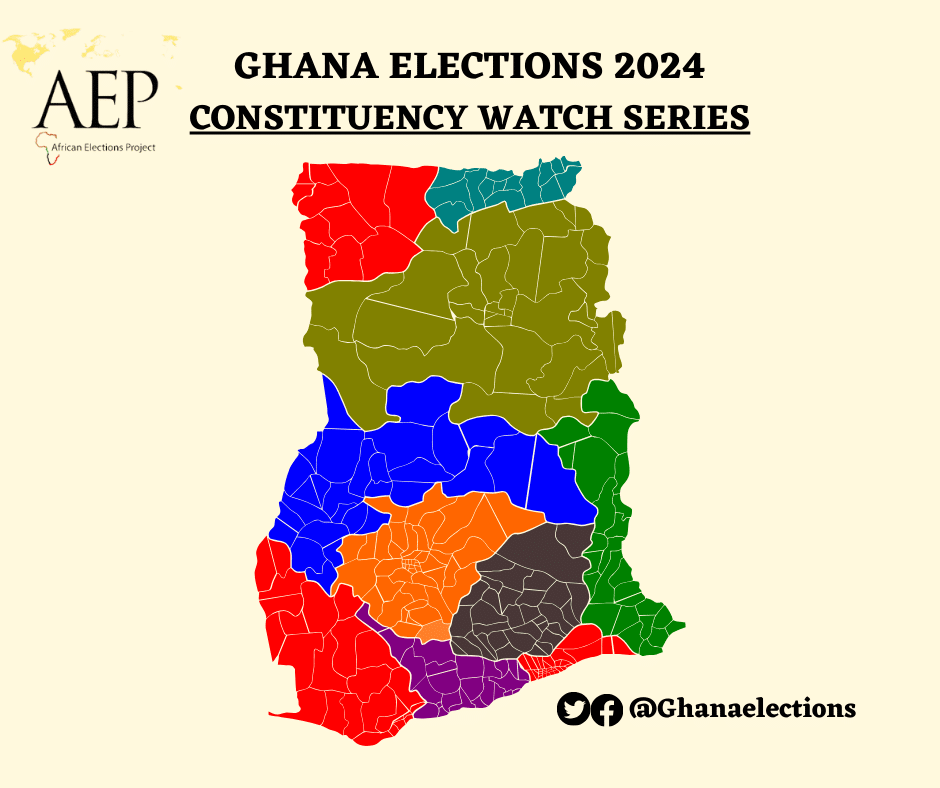A few months ago, Twitter stripped its once-coveted blue checkmarks from verified accounts, with its CEO, Elon Musk, explaining that he is on a mission to “authenticate all real humans” on the platform, and this could only be accomplished through a subscription-based service that required users to pay $8 a month in exchange for the blue checkmarks.
True to Musk’s word, institutions as well as the accounts of notable people in society like Beyoncé, Lebron James, and Chrissy Teigen had their check marks removed. However, a lot of the most well-known celebrity accounts, including those named above, who have over 1 million followers on Twitter, immediately had their checks returned. But the majority of legacy verified accounts remain unverified.
With many users raising concerns about the satiric and imposter accounts likely to take advantage of this new directive, coupled with the spread of misinformation, Musk initially paused its rollout. However, that decision was short-lived.
Of the many Twitter users, many have rejected the idea completely. The anti-Musk side debate: “Having a blue tick now means there’s a higher chance that you’re a complete loser and that you’re desperate for validation from famous people,” tweeted the rapper Doja Cat.
Another legacy verified user was reportedly “annoyed when his blue check mysteriously reappeared because he was worried that his followers would think he had paid for Twitter Blue,” according to the Times.
Interestingly, Elon Must has mounted a strong defense of his decision. He asserts that verified users will be granted “priority in replies, mentions, and searches” and the “ability to post long video and audio,” according to Musk, while they will encounter half as many ads as unverified users.
He adds that subscriptions would also let users read content from “publishers willing to work with us,” bypassing paywalls.
Musk stated that the subscription revenue stream would be used “to reward content creators,” but he did not provide any further information.
For now, assessing whether or not the goals of this new directive by Twitter’s CEO have been realized will be premature. As the days unfold, evaluation of it may become necessary, particularly in the areas of addressing online impersonation as well as limiting the spread of misinformation.
#End#






